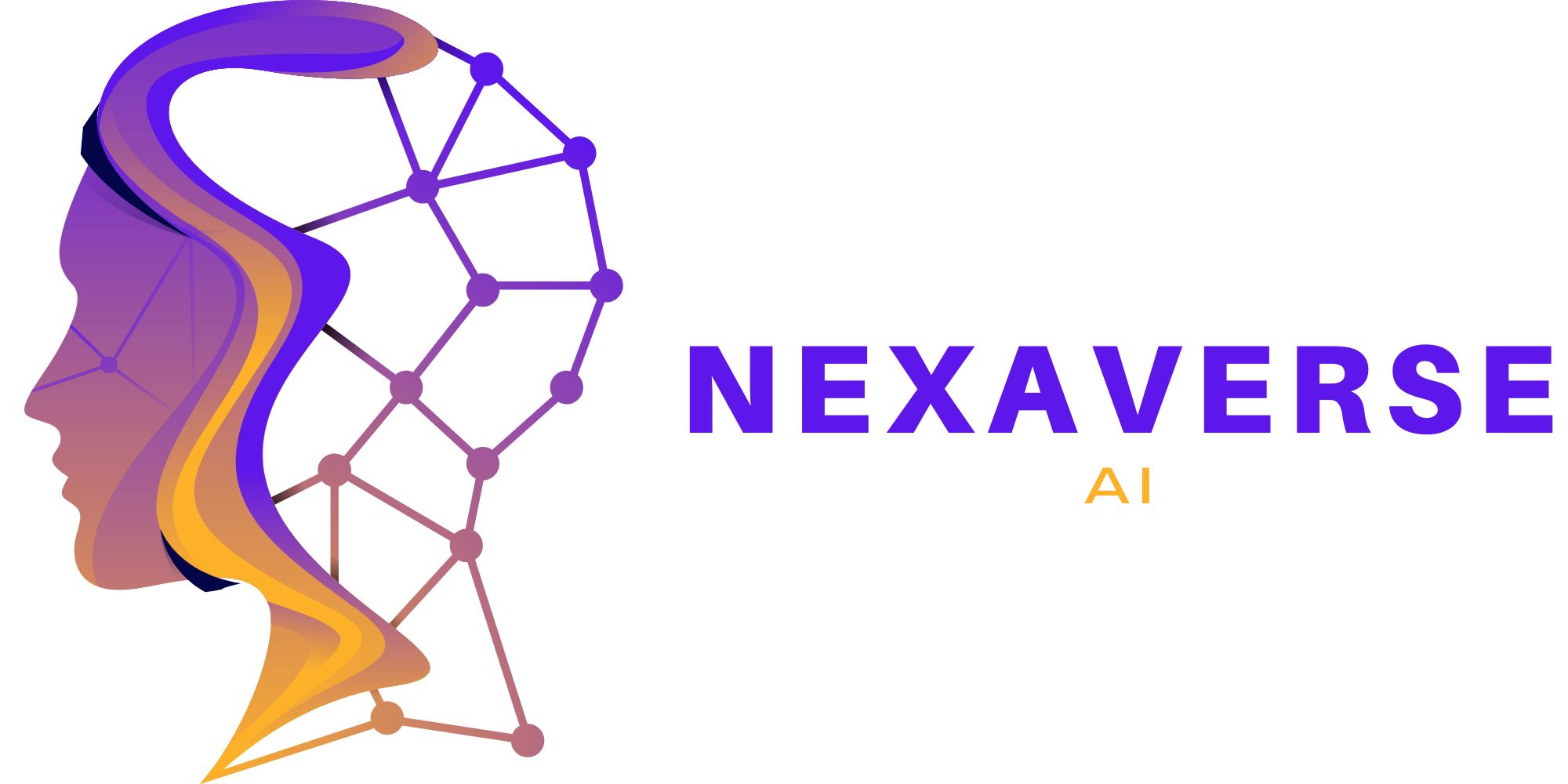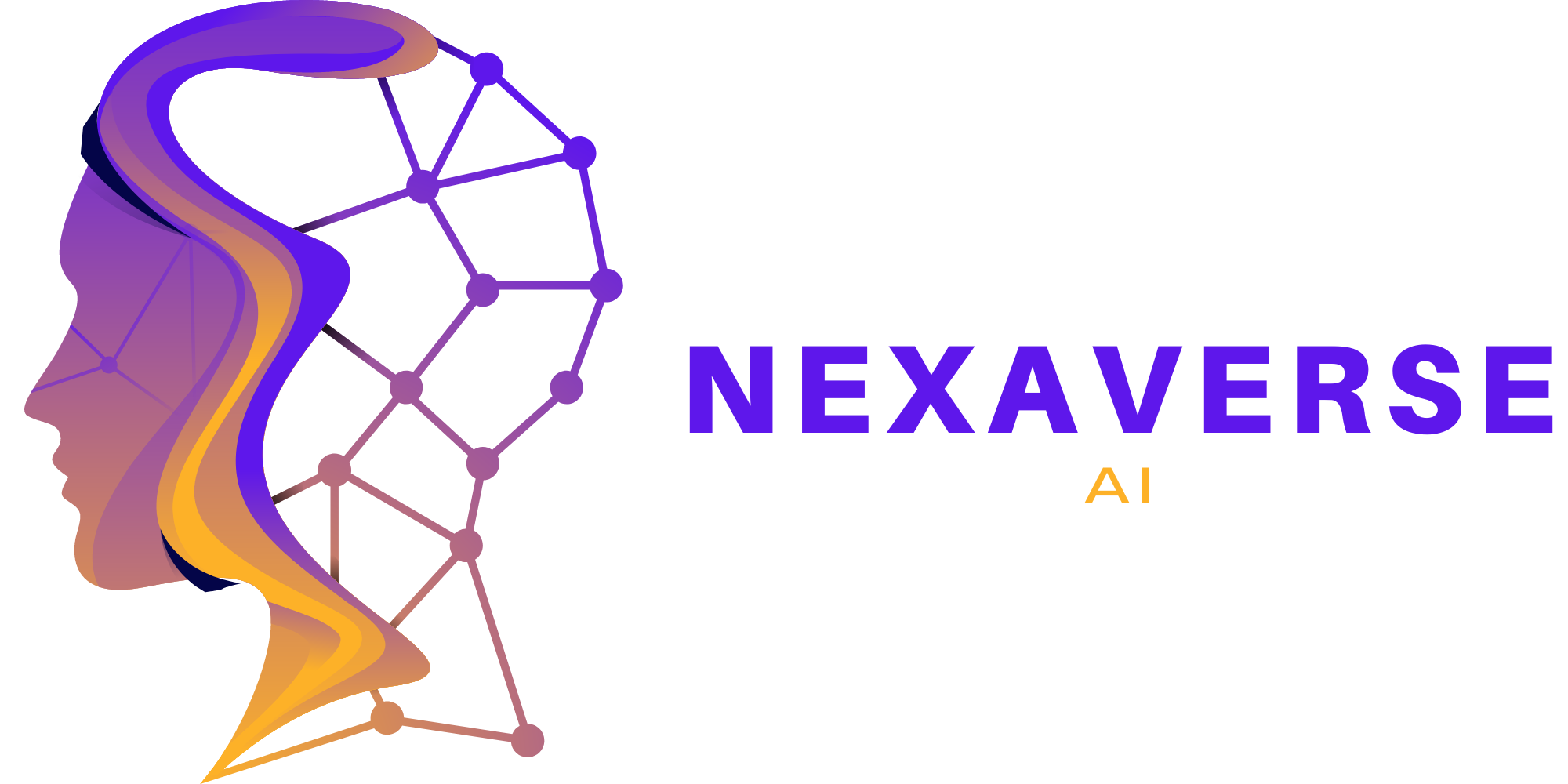AI and Automation: Transforming the Future of Work
In today's digital era, AI and automation are reshaping the future of work. Uncover the profound impact of these technologies on productivity, job roles, and the workforce.

Embracing the Power of AI and Automation in the Workplace
In today's rapidly evolving digital landscape, AI and automation have emerged as key drivers of transformation in various industries. From streamlining processes to enhancing productivity, these cutting-edge technologies are revolutionizing the future of work. In this comprehensive guide, we will explore the profound impact of AI and automation on the workplace, delving into their benefits, challenges, and potential implications for the workforce.
Get ready to embark on a journey that unveils the transformative power of AI and automation in the workplace.
Enhancing Efficiency and Productivity
AI and automation technologies have the potential to significantly enhance efficiency and productivity in the workplace. By automating repetitive and mundane tasks, employees can focus on more strategic and creative endeavors, leading to increased productivity and job satisfaction.
Imagine a world where manual data entry, scheduling, and report generation are seamlessly handled by intelligent systems, freeing up valuable time for employees to engage in higher-value activities.
Through the power of AI and automation, businesses can optimize their operations and achieve unprecedented levels of efficiency.
Benefits of AI and Automation in Enhancing Efficiency and Productivity
- Streamlined workflows and processes
- Reduced human error and improved accuracy
- Faster data analysis and decision-making
Transforming Job Roles and Skills
While AI and automation offer tremendous benefits, they also bring about significant changes in job roles and required skills. As certain tasks become automated, employees need to adapt and acquire new skills to remain relevant in the evolving workforce.
The future of work demands a workforce that is agile, adaptable, and equipped with the necessary digital skills to thrive in a technology-driven environment.
Upskilling and reskilling initiatives become essential for employees to embrace the potential opportunities presented by AI and automation.
Implications of AI and Automation on Job Roles and Skills
- Shift towards higher-level cognitive tasks
- Increased demand for tech-savvy professionals
- Collaboration between humans and intelligent systems
Ethical Considerations and Challenges
As AI and automation continue to shape the future of work, ethical considerations and challenges arise. It is crucial to address these concerns to ensure responsible and fair implementation of these technologies.
From privacy concerns to potential job displacement, navigating the ethical landscape of AI and automation requires careful thought and consideration.
Organizations must prioritize ethical decision-making and establish frameworks to address the challenges that may arise.
Ethical Considerations and Challenges of AI and Automation
- Data privacy and security
- Job displacement and workforce transition
- Algorithmic bias and fairness
Embracing the Future of Work
To fully leverage the potential of AI and automation, organizations need to embrace a proactive approach towards the future of work. This entails fostering a culture of continuous learning, innovation, and collaboration.
By embracing the future of work, organizations can unlock untapped potential, drive innovation, and create a sustainable competitive advantage.
The future belongs to those who adapt, evolve, and harness the transformative power of AI and automation.
Keys to Embracing the Future of Work
- Cultivating a learning-oriented culture
- Investing in employee upskilling and reskilling
- Promoting collaboration between humans and AI systems
In conclusion, AI and automation are transforming the future of work, offering immense potential for enhanced efficiency, productivity, and innovation. However, as organizations navigate this technological shift, it is crucial to address the ethical considerations and challenges that arise. By embracing the future of work and proactively adapting to the evolving landscape, businesses can position themselves for success in the era of AI and automation.
Frequently Asked Questions (FAQs)
Q. Will AI and automation replace human jobs entirely?
A. While AI and automation may automate certain tasks, they also create new opportunities and job roles. As technology advances, the workforce will need to adapt and acquire new skills to thrive in a technology-driven environment.
Q. What are the implications of AI and automation on job satisfaction?
A. By automating repetitive and mundane tasks, AI and automation can alleviate employees' workload, allowing them to focus on more engaging and strategic work. This can contribute to increased job satisfaction and overall well-being in the workplace.
Q. How can organizations address the ethical considerations of AI and automation?
A. Organizations can address the ethical considerations of AI and automation by establishing clear ethical guidelines, promoting transparency, and prioritizing accountability. It is crucial to involve stakeholders in decision-making processes and continuously assess the impact of these technologies on individuals and society.
Tip: Organizations should foster a culture of open communication and provide ample opportunities for employees to voice their concerns and ideas regarding the integration of AI and automation in the workplace.




